One of the deepest longings of the human soul is to be seen. ― John O’Donohue
Throughout history, we have been captivated by the idea of the “lone genius” – a brilliant artist, scientist, or business leader who single-handedly changes the world with their unique insights and abilities. However, is this idea true?
The truth is that no one works alone all the time. For an idea to change the world, it must be embraced by others who find it meaningful too. We also know from research that memory plays a significant role in producing new knowledge and creativity. Memory largely forms around the human experiences we have in navigating the world.
The origins of the word “genius” describe the unique spirit of a place or person – suggesting that genius is an outcome resulting from the relationship between the environment and human creativity. It is the product of a complex web of social, experiential, and historical factors that shape how we think and create. In other words, ‘Genius’ is a cultural outcome.

Written & Fact-Checked by Dr. Christie Hartman, PhD, Psychology
Culture is a set of human behaviors created and reinforced by the social agreements groups make to guide their lives. These agreements shape our environments for working, healing, and learning which, in turn, greatly influence our creativity. This is why the issue of workplace loneliness is so important.
In today’s hyper-connected world, it may seem paradoxical that loneliness is such a widespread problem, but the truth is that many people feel disconnected and isolated in their work environments. As a result, loneliness impacts mental health, job satisfaction, productivity, and many other brain skills that support a group’s “social brain” in communicating effectively, building trustworthy relationships, and resolving conflicts.

Written & Fact-Checked by Dr. Christie Hartman, PhD, Psychology
Given these risks, combatting loneliness and promoting social well-being should be a top priority for every CEO, Board of Directors, and manager in the workplace. In tending to the relationship nexus of environment and human creativity, here are seven habits for cultivating organizational genius that researchers show must take priority:
7 Habits to UN-Lonely Organizational Genius
- Acknowledge that workplace loneliness is prevalent and can negatively impact employee mental health and job performance.
- Understand that employees who experience workplace loneliness are more likely to have poor mental health outcomes, including anxiety and depression.
- Monitor the connection between workplace loneliness and decreased job satisfaction and productivity.
- Continually explore the negative impact of workplace loneliness — it’s not limited to remote workers but can also affect those in traditional office settings.
- Invest in social support and connection in the workplace can serve as protective factors against workplace loneliness.
- Employers can promote social support and connection by fostering a positive work culture that values inclusivity and diversity of all kinds, like demographic, functional (e.g., job role), neurodiversity, lived experience, etc.
- Employers can also prioritize social connection by creating new ways for employees to connect creatively with each other.

The lone genius myth is just that – a myth. Genius is not a solitary pursuit, but the product of a complex web of social, cultural, and historical factors interacting at the environment-human creativity nexus. In our solution-obsessed economic culture of “moonshots” and “unicorns,” our greatest genius yet to be unearthed may not be another way to accelerate something.
Our greatest genius might be in finding creative ways to slow down a bit – just long enough to find the courage to cultivate better questions. Just long enough to understand within whose imagination we are living and working. The genius we are looking for is not a lone person somewhere out there. It is within us, within the connection between us… hidden from us by loneliness.
